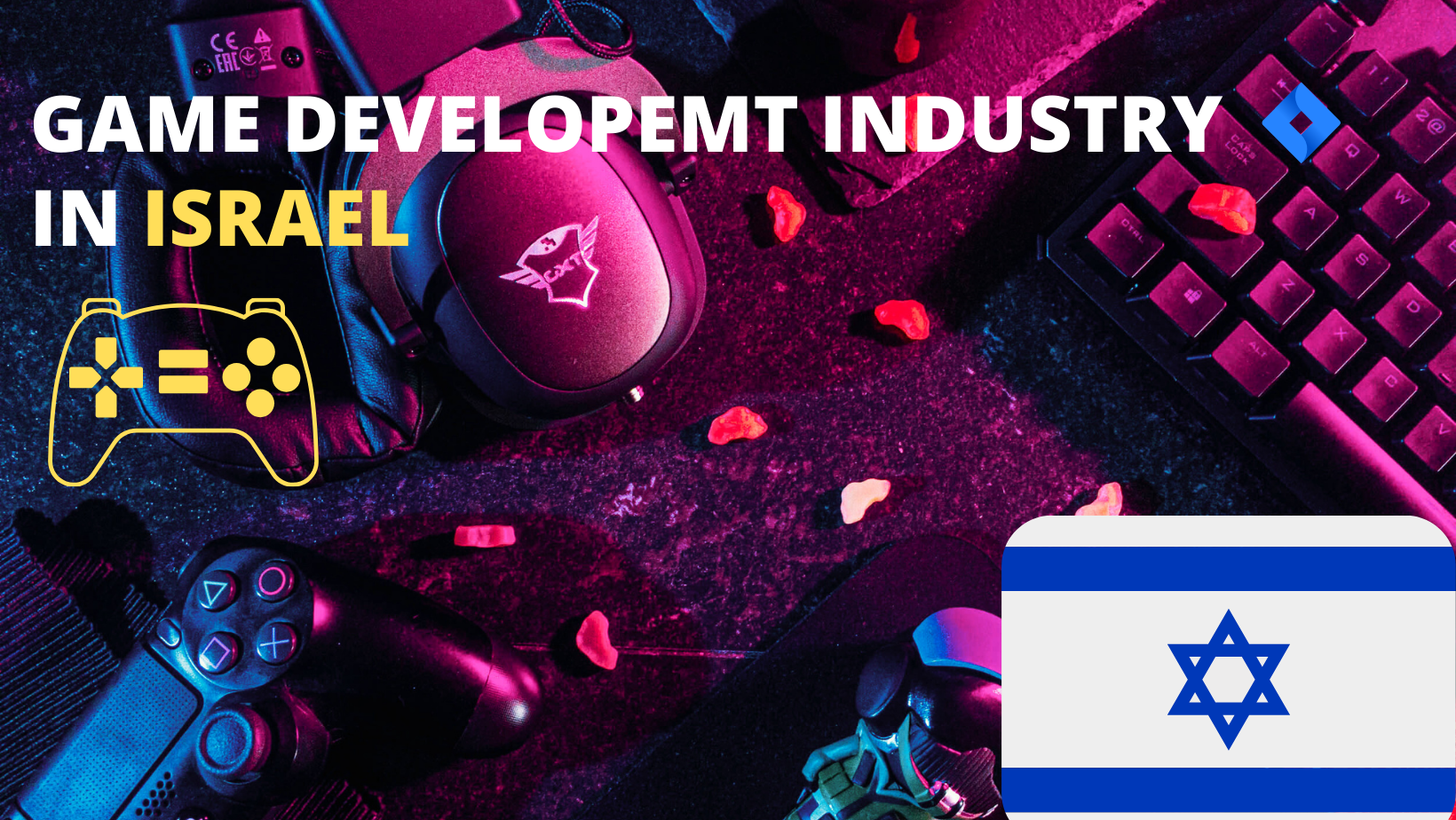While whole
world’s focus is on ongoing Israel-Palestine conflict, it is worthwhile to
mention that the Israeli gaming industry has experienced significant growth and
success in recent years, establishing itself as a global player in the field of
game development. The Israeli gaming industry has come a long way since its
inception. From the early days of simple computer games and mobile apps, it has
grown into a dynamic and diverse ecosystem. With a combination of innovation,
entrepreneurship, and a strongly skilled workforce, Israel has managed to
carve out a niche for itself in the global gaming market.
Currently there
are more than 270 Gaming startups operating in Israel which are benefitted by
several unique features of Israeli game development industry, such as
Tech Talent
Pool: Israel is known for its highly skilled and innovative workforce. The country
has a rich history in technological advancements, and this expertise naturally
translates to the gaming industry.
Strong
Entrepreneurship Culture: Israel has a vibrant startup culture, and this
extends to the gaming sector. Many small, independent game development studios
have emerged, creating innovative and unique games
Supportive
Ecosystem: The government and private sector have provided support for the
gaming industry through grants, incubators, and access to capital. This
ecosystem has encouraged many developers to set up shop in the country.
Several of
the major Israeli game development companies are –
Playtika - Video
Game developer specializing in casual games for mobile and web platforms. The games
developed by the company include - Bingo Blitz, Solitaire Grand Harvest, and
Best Fiends.
Overwolf –
Specialises in Custom overlay apps for PC games. It allows users to overlay
apps to PC games
Crazy Labs
- Online mobile game publishing company. It specializes in publishing casual
mobile games. Some games published by the company are My Horse Stories, AMAZE,
Run Sausage Run, and more
Supersonic
- Mobile game publisher of casual games. The games published by the company
include Giant wanted, Basket battle, Join clash 3D, Cheerleader, Run 3D, Move
animals and more
Plarium - Developer
of cross-platform casual games. The company has developed multiple games
including Vikings, Terminator Genisys, Total Domination, Pirates, and Sparta.
MoonActive - Creators of the immensely popular mobile game "Coin Master."
Wix Games - A subsidiary of Wix, focusing on creating HTML5 games for web and mobile
platforms.
...
Read More




